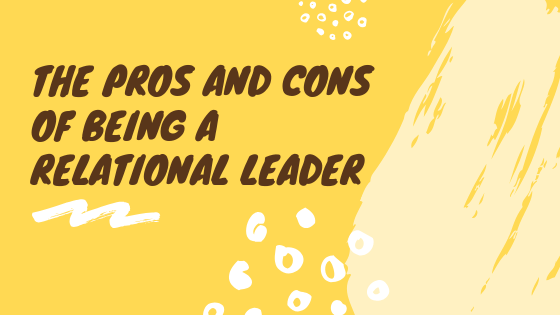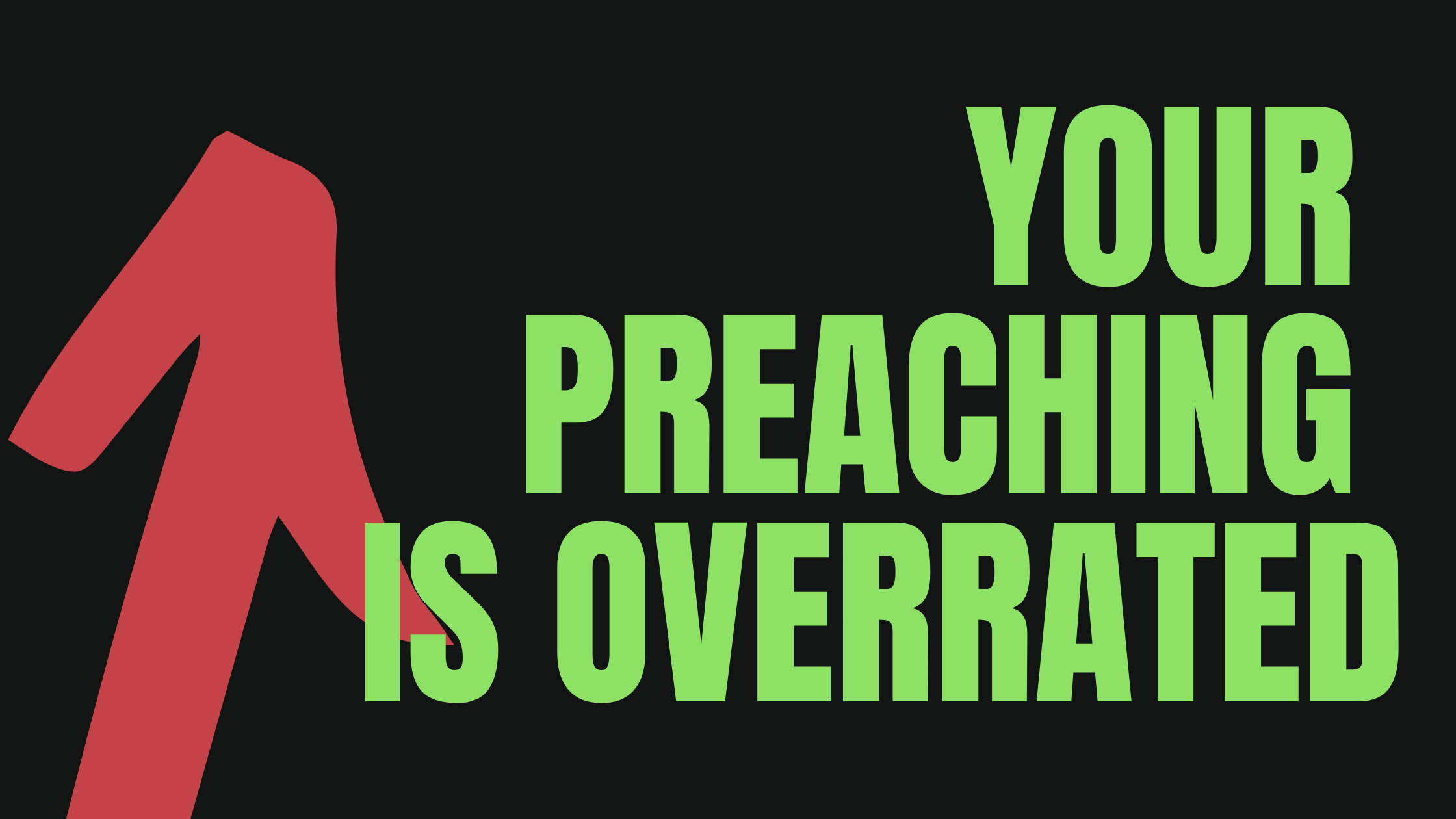I’m going to go out on a limb here and say that most small town pastors tend to be very relational. It’s hard to get hired as a pastor in a small town if you’re not. Most small town churches are looking for a shepherd that will do a good job tending to the congregation. If you care for people, show up at hospitals and funeral homes, and preach pretty well, you are a great pastoral candidate.
What’s interesting is it’s often very hard for a relational leader to grow a church beyond 200 people or so. There are just too many relationships to manage at that point and not enough hours in the day. A relational leader who has a desire to grow beyond this number will often find themselves feeling frustrated when it just doesn’t happen.
At this point they have a decision to make. They can embrace the relational side and continue to provide exceptional care to those they shepherd, or they can bring someone along side of them who has the organizational skills that will help them continue to grow. I didn’t include the relational leader becoming more of an organizational leader because you typically never see that happen. We tend to be who we are.
Now, neither option I mention is better than the other. We need pastors who are great shepherds, and we need pastors who can lead larger organizations.
If you’re not quite sure if you’re a relational leader, here are some thoughts that should help. First, the pros.
- Relational leaders need to be around people. Meeting with people fuels relational leaders. They love it. They would much rather be out in the community rather than behind a desk. They are often well known in their small town because of the relationships they have.
- Relational leaders love meeting new people. You will find relational leaders at the local restaurant going from table to table shaking hands and introducing themselves. They’re great at inviting people to church because they’re always talking to people.
- Relational leaders want to know what’s going on with their congregation. Not just the issues and sins people are dealing with but everyday things. Who’s having a baby? Who’s not feeling well? Who just got a new job? Who just got fired? They want to know because they care deeply about each person.
- Relational leaders can make great small group leaders. The best small group leaders are relational leaders for all the reasons pointed out above. They want people at their house. They want to get to know them. They want to care for them.
Those are the pros. Now, let’s take a look at some of the areas they struggle in.
- Relational leaders struggle to make the tough decisions. Almost every decision you make as a pastor is going to upset someone. Relational leaders will often avoid hard decisions and tough conversations because they don’t want to hurt anyone’s feelings.
- Relational leaders struggle to say no. Being a relational pastor can often turn into people pleasing, so when anyone asks them to be somewhere or do something, they say yes. This leaves less time to spend with their own family or working on more pressing matters in the church.
- Relational leaders struggle with plans and systems. Plans and systems are often viewed as enemies of relational ministry. It’s hard to make plans when you’re always on call. They fear plans and systems take away from relationships.
- Relational leaders struggle to develop other leaders. When you’re used to doing everything yourself, you’re not always the best at developing others to help. The truth is many relational leaders don’t develop other leaders because they feel they have to be the ones at the hospital and at the funeral home, etc.
Now that you’ve seen the list, what type of leader are you? Leave a comment and let us know. While you’re here, take a minute to subscribe to the blog to get more posts like this delivered to your inbox each week.





